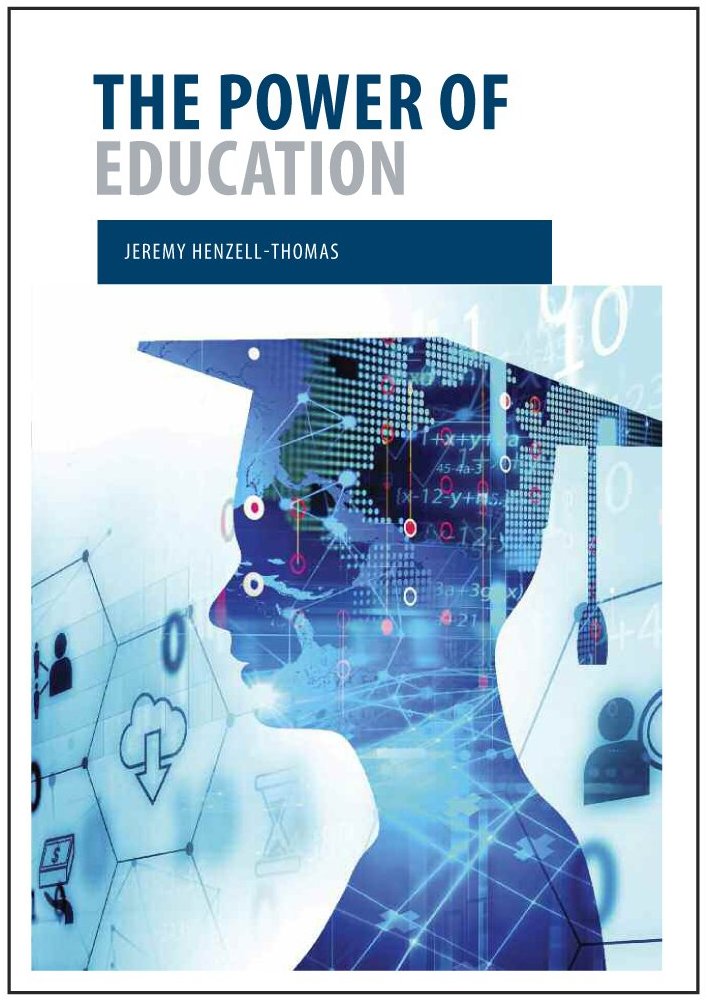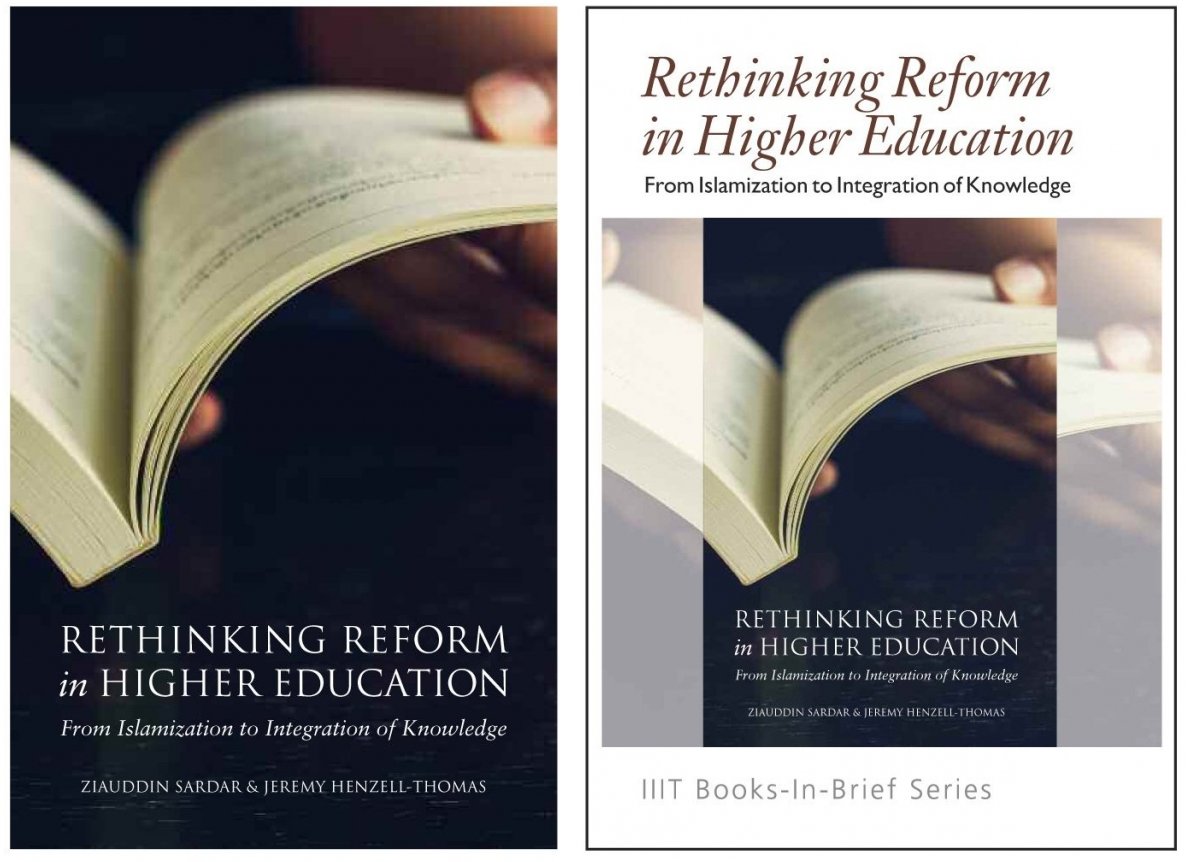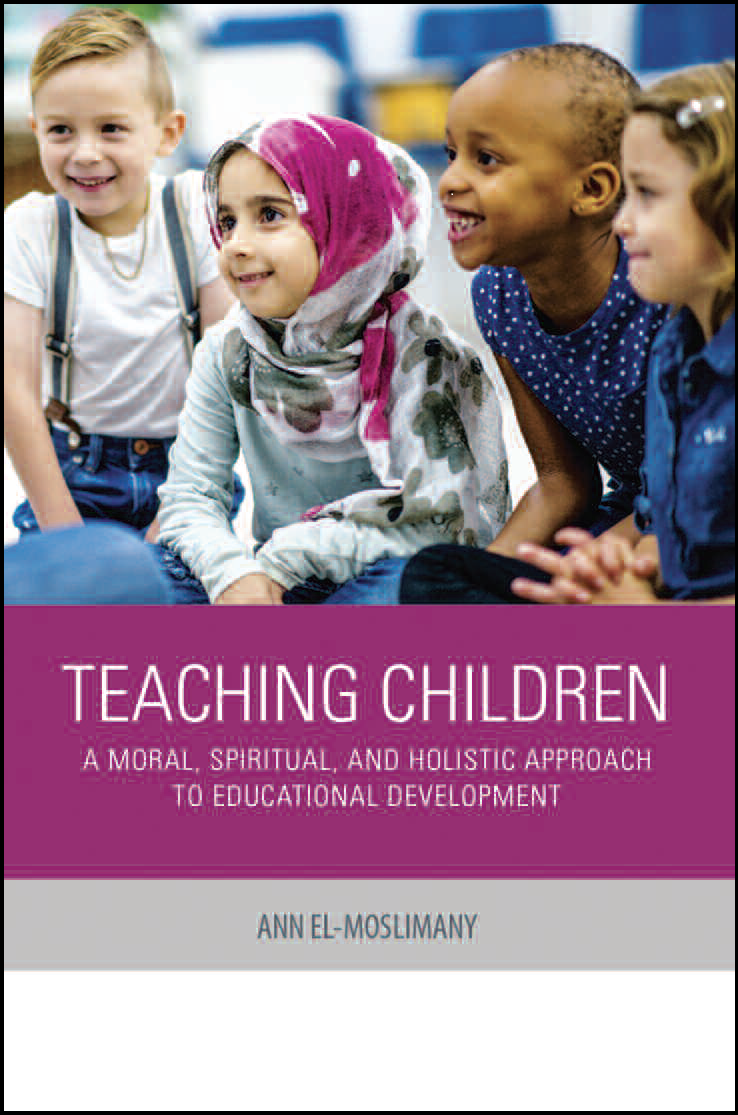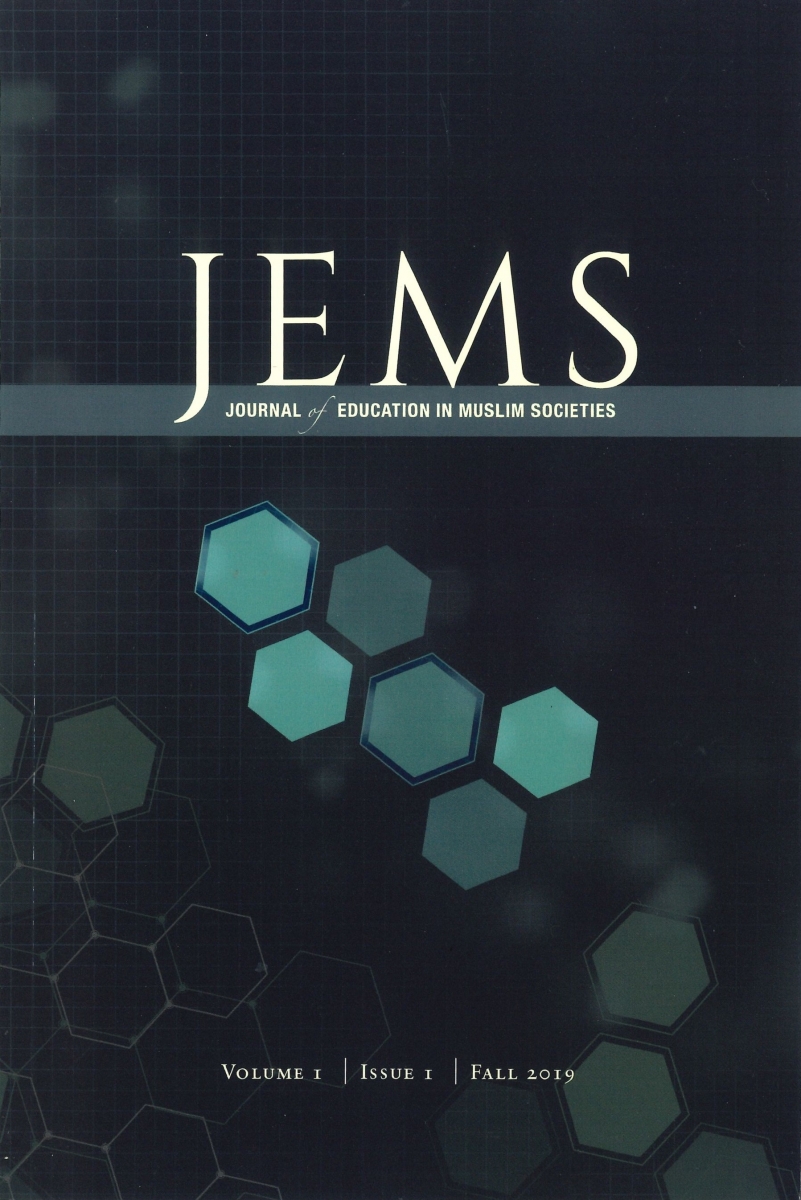AEMS Publications
BOOKS:
The Power of Education, by Jeremy Henzell-Thomas


‘Knowledge is Power’ – a statement commonly attributed to an eminent English philosopher and scientist in 1597, still highlights today the importance of knowledge in the modern world. Education forms the basis of our knowledge and its development, from our earliest experiences at school through to Higher Education. Individuals use their knowledge in their professional and personal lives, and society as a collective of individuals shapes the world in which we live. Therefore the power of education is one of the keys to developing a successful society and benefits humanity at large. But things have gone very wrong! Society, values and morals are all in decline. How has education lost its power to build an effective and fair society? How can this decline be reversed? In The Power of Education, the author goes back to first principles and asks: what iseducation, and what do individuals and society need from education? Reconnecting education with the ‘heart and soul’ of humanity, and finding that great purpose of mankind is paramount. This is distinct from a ‘knowledge factory’ that merely develops individuals for material advancement and personal progression. Values, morals, compassion, empathy, gratitude, mutual respect, fairness and social responsibility are all essential traits for individuals that collectively form a successful society, and these traits need to be instilled during the entire educational experience. By rethinking and developing an effective education methodology one can work towards building a better world, based upon equality and fairness for all.
ISBN: 978-56564-568-4 (paperback)
Rethinking Reform in Higher Education: From Islamization to Integration of Knowledge, by Ziauddin Sardar and Jeremy Henzell-Thomas


What is wrong with Education today? Why is society in decline? Why does the pursuit of knowledge seem to produce adults who despite their qualifications remain ill-equipped to change the world for the better? What future does humanity face if we cannot find the tools to fix the world we share? One essential tool is the development of education, but are ‘aims and objectives’ simply enough. In order to fix the ethical moral ‘spirit’ of humanity perhaps we first need to rekindle the ‘spirit’ of Education, and ask ourselves “what is Education really about and what does humanity really need?” What knowledge has been ‘lost’ over the centuries? The Reform of Higher Education in Muslim Societies proposes a paradigm shift in critical thinking aimed at the issues facing education and it’s bearing on society and humanity at large. Building upon existing disciplines, improving upon them, and innovating new ones could be seen as a way forward. By recognizing the ethical and spiritual norms of Muslim society, and their guiding principles and spiritual identity, together with the plurality and diversity of the modern networked world, this work seeks to replace the sterile and uniform approaches to knowledge with a broader and more creative understanding of a global shared reality. Moderation, balance, effective communication, and mutual respect are paramount features of the underlying philosophy, essential for developing a more effective Education paradigm – one that will help humanity face present and future challenges.
ISBN: 978-56564-977-4 (paperback)
ISBN: 978-56564-982-8 (hardback)
ISBN: 978-56564-954-5 (book-in-brief)
Teaching Holistically: A Moral, Spiritual, and Holistic Approach to Educational Development, by Ann El-Moslimany


The current education system dates back a hundred years or more, and is in desperate need of a ‘reboot’. In developing the industrialised society, the education system itself became like a factory, the end product being pupils who can merely regurgitate facts, and themselves ending up as cogs in the machine that is the wider industrial complex. The legacy of this is a soulless ‘functional’ educational system that fails to develop pupils to meet the present and future needs of individuals and their expectations. This failure inevitably impacts on society and humanity at large. Society has long since moved beyond the industrial revolution and into an age of global connectedness where the sum of human knowledge is freely available via the internet. People of this age are generally more well informed and on a variety of issues. An effective holistic educational philosophy is required, one that gives full spiritual meaning to all that a child learns. It should equip children with spiritual awareness, morals and values, social responsibility and accountability, self-discipline and self-determination, self-confidence and empowerment, ambition and aspiration tempered with thoughtfulness and gratitude.
ISBN: 978-56564-989-7 (paperback)
JOURNAL OF EDUCATION IN MUSLIM SOCIETIES:

The Journal of Education in Muslim Societies (JEMS) is published semiannually as part of the International Institute of Islamic Thought's new Advancing Education in Muslim Societies (AEMS) initiative in partnership with Indiana University Press. JEMS aims to contribute original scholarly research to debates, practices, policies, and reforms affecting education in Muslim societies in an attempt to link the academic and theoretical domains with policy and practice. By casting light on the state of education and educational reforms in these societies, it is intended to interrogate and explore their core problems, needs, reform objectives, approaches and perspectives, cross-cutting trends, innovations, opportunities, and other education-related challenges.
ISSN: 2641-0044 (paperback)
e-ISSN: 2641-0052 (electronic/digital)
